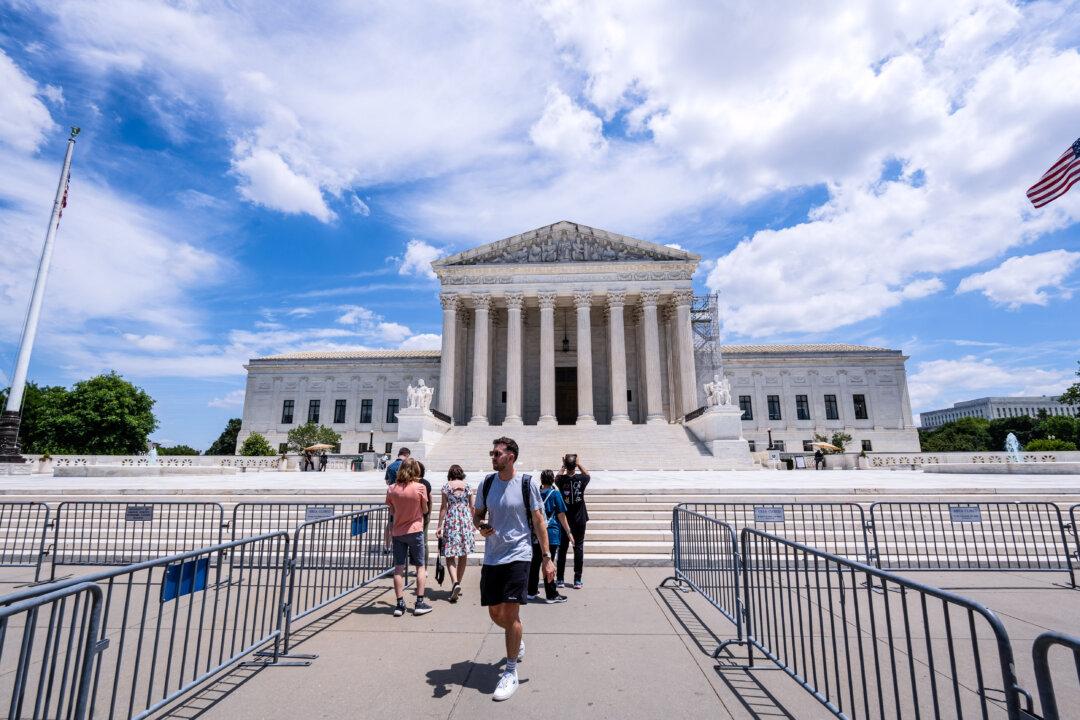The Supreme Court said on June 20 that former President Donald Trump’s one-time tax on “unrealized” foreign earnings was constitutional.
The case—Moore v. United States—involved a couple who invested money in an American-controlled company in India. They argued they shouldn’t have to pay the tax, known as the Mandatory Repatriation Act, on income that hadn’t been distributed or “realized” by them.





